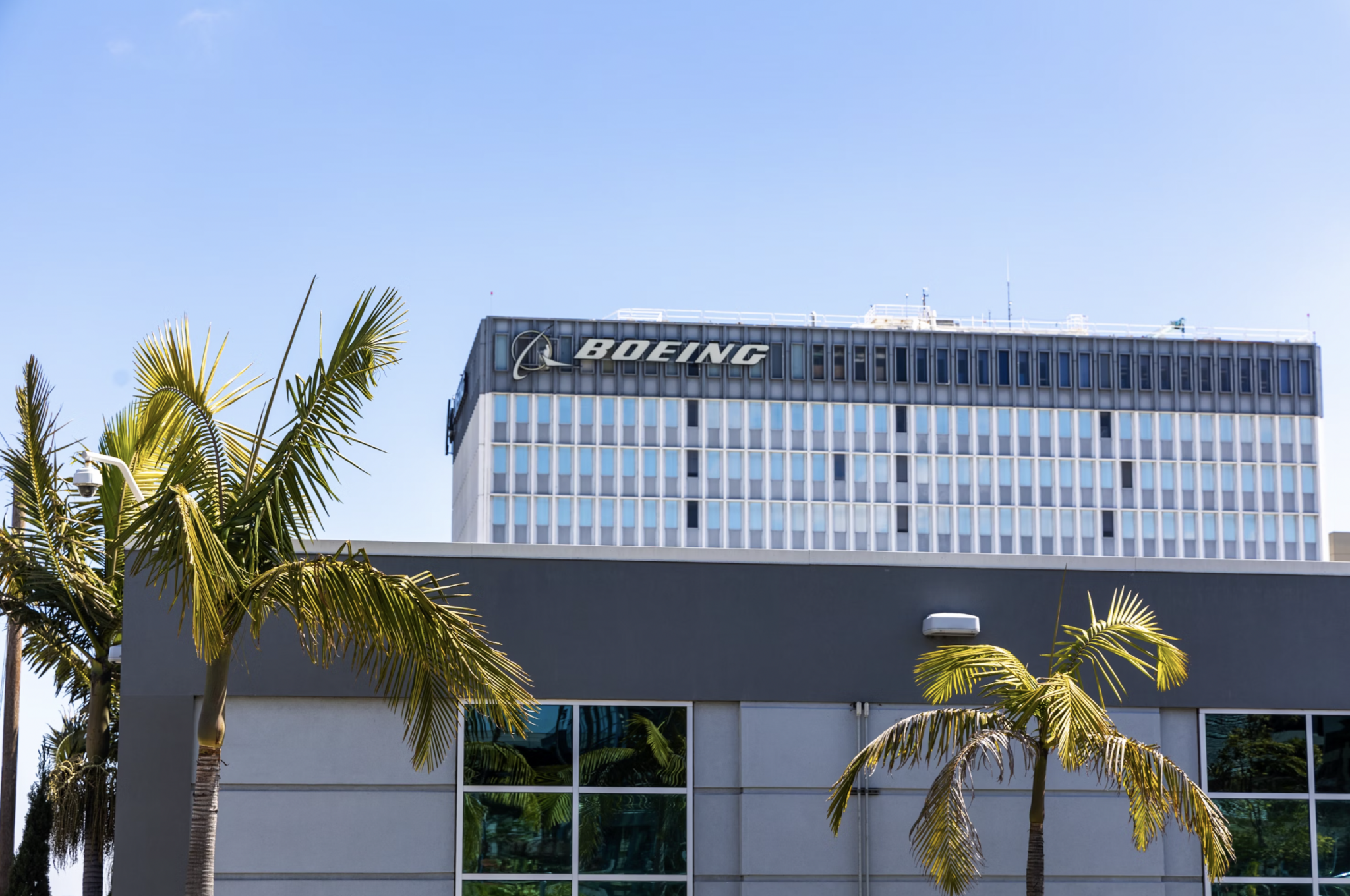
Sunah Chang is a student at Harvard Law School.
In today’s news and commentary: Boeing workers prepare for a rally, and the Supreme Court receives an emergency application to consider NLRB’s constitutionality.
Today, Boeing workers will stage a large rally in Seattle as their strike enters its fifth week. Since September 13th, 33,000 factory workers have been on strike against the planemaker in pursuit of a 40% wage increase over the next four years. The relationship between the parties has soured throughout the strike; just last week, Boeing withdrew its “best and final” offer proposed to striking workers after the union pushed back on the offer. Notably, today’s rally comes just one day after U.S. Acting Labor Secretary Julie Su met with Boeing and union leaders in an effort to encourage the parties to return to the bargaining table.
As the strike drags on, Boeing has taken drastic measures to keep the company afloat. The month-long strike has halted Boeing’s commercial airline production and crippled the company’s finances. Just this morning, the company announced plans to borrow $10 billion from banks. The company is also planning to raise $25 billion by selling stock and debt. Additionally, Boeing has announced plans to cut down 17,000 jobs and will begin sending out 60-day notices to employees in mid-November.
Meanwhile, the constitutional fight against the NLRB’s structure has arrived at the steps of the Supreme Court. Yesterday, an auto parts company called Yapp USA Automotive Systems filed an emergency application with the Supreme Court in an effort to block an NLRB case against the company. Yapp has been accused of illegally interfering with a union election at its Michigan factory and faces a hearing before an NLRB administrative law judge, which is set to begin today. Last month, a federal judge in Michigan refused to grant an injunction to block the NLRB case. Yapp appealed the case to the Sixth Circuit, which on Sunday declined to grant the company’s motion to stay the administrative case pending the appeal. Facing the imminent NLRB hearing, Yapp has filed an emergency application for a writ of injunction with the Supreme Court. If the Supreme Court chooses to grant the application or requests additional briefing, the case could have existential consequences for the future of the NLRB.
To stay up to date on all the legal challenges against the NLRB, read up on John’s series: “Tracking Attacks on the NLRB.”






Daily News & Commentary
Start your day with our roundup of the latest labor developments. See all
February 27
The Ninth Circuit allows Trump to dismantle certain government unions based on national security concerns; and the DOL set to focus enforcement on firms with “outsized market power.”
February 26
Workplace AI regulations proposed in Michigan; en banc D.C. Circuit hears oral argument in CFPB case; white police officers sue Philadelphia over DEI policy.
February 25
OSHA workplace inspections significantly drop in 2025; the Court denies a petition for certiorari to review a Minnesota law banning mandatory anti-union meetings at work; and the Court declines two petitions to determine whether Air Force service members should receive backpay as a result of religious challenges to the now-revoked COVID-19 vaccine mandate.
February 24
In today’s news and commentary, the NLRB uses the Obama-era Browning-Ferris standard, a fired National Park ranger sues the Department of Interior and the National Park Service, the NLRB closes out Amazon’s labor dispute on Staten Island, and OIRA signals changes to the Biden-era independent contractor rule. The NLRB ruled that Browning-Ferris Industries jointly employed […]
February 23
In today’s news and commentary, the Trump administration proposes a rule limiting employment authorization for asylum seekers and Matt Bruenig introduces a new LLM tool analyzing employer rules under Stericycle. Law360 reports that the Trump administration proposed a rule on Friday that would change the employment authorization process for asylum seekers. Under the proposed rule, […]
February 22
A petition for certiorari in Bivens v. Zep, New York nurses end their historic six-week-strike, and Professor Block argues for just cause protections in New York City.